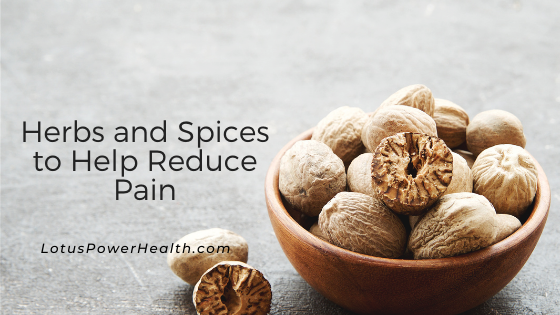Cloves
Cloves contain an agent called eugenol, which has been found to reduce pain during topical application. Recent studies concluded that clove gel was just as effective as a chemical gel at reducing pain in the gums of test subjects. The FDA has asserted that more testing is needed, but anyone who has chewed on cloves is aware of its numbing effect.
Ginger
This tasty root is famous for being an excellent ingredient in cookies and Asian dishes, but it’s also been found to have useful anti-inflammatory properties. One study of 100 chronic migraine sufferers found that ginger was similarly effective to the drug sumatriptan. The upside of ginger is that it does not have the side effects of pharmaceutical pain medication.
Fennel
Fennel has been used for thousands of years to help with digestion issues, and stop painful bloating, but one of the other amazing things about fennel, is its ability to help soothe muscle pain. This is caused by its tendency to relax muscles, and has been associated with relief from menstrual pain in women. Fennel is also high in some of the most important dietary minerals iron, manganese, magnesium, and calcium.
Nutmeg
In traditional Chinese medicine, the use of nutmeg is well known for being able to fight inflammation of the joints. It can be ingested in the form of teas and placed in food for desired effect. It is also known to reduce abdominal aches and pains.
Jamaican Allspice
This interesting spice with a deceptive name comes from the Jamaican bayberry tree. It is in the top 10 most anti-inflammatory spices. It can be used both internally and topically for pains.

